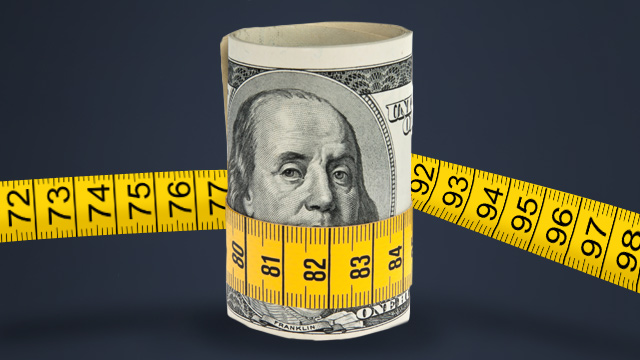SUMMARY
This is AI generated summarization, which may have errors. For context, always refer to the full article.

HONG KONG – The main beneficiaries of the US Federal Reserve’s decision to keep its massive stimulus package were emerging economies, which have suffered a torrid few months on expectations the Fed with begin cutting down its bond-buying.
READ: Fed leave stimulus unchanged at $85-B, no taper
The Fed decision “may foster expectations that capital outflows from (emerging markets) can stop or even reverse,” Barclays Capital said in a note, according to Dow Jones Newswires.
“This should be particularly supportive for the currencies and rates markets of countries with higher current account deficits,” such as India and Indonesia.
Emerging economies have suffered a huge outflow of cash — sending stock and currencies tumbling — since Bernanke in May hinted the Fed would begin tapering its bond-buying scheme, which had led to an investment splurge from foreigners looking for higher returns than in the US.
With the prospect of vast sums of cash continuing to be pumped into financial markets, stocks and currencies in emerging markets, including the Philippines, rose, some to record highs.
READ: Philippine stocks rally after Fed stimulus decision
Equities
The announcement to hold off winding down its $85 billion a month bond-buying fueled a buying spree on Wall Street, sending the Dow and S&P 500 to record highs.
READ: US stocks close at all-time highs on Fed news
And Asia took up the baton Thursday, with under-pressure developing economies breathing a sigh of relief after suffering a heavy sell-off in August as investors bet on the Fed tightening its monetary policy.
Jakarta surged 4.655, or 207.48 points, at 4,670.73, Mumbai jumped 3.43%, or 684.48 points, to 20,646.64, Manila soared 2.81%, or 177.74 points, to 6,511.70 and Bangkok climbed 3.47%, or 49.93 points, to 1,489.06.
In Tokyo the Nikkei rose 1.8%, or 260.82 points, to 14,766.18 and Hong Kong added 1.67%, or 385.06 points, to 23,502.51. Sydney rallied 1.10%, or 57.4 points, to finish at a new 5-year high of 5,295.5, and Wellington added 1.05%, or 49.21 points, to end at 4,753.03.
Seoul, Shanghai and Taipei were closed for public holidays.
In an eagerly awaited announcement, the Fed said it would keep the stimulus in place as it wanted to further gauge the economic impact of public spending cuts and a spike in interest rates in the past four months.
Instead it cut its growth forecast for this year and next as chairman Ben Bernanke warned of possibly “very serious consequences” from a brewing political battle in Washington over a new budget and the US debt ceiling.
“The Federal Reserve’s policy is to do whatever we can to keep the economy on course. And so if these actions led the economy to slow, then we would have to take that into account, surely,” he told reporters.
He said the bank could still start reducing the bond-buying — which aims to hold down long-term interest rates — in the next 3 months, but only if the economic outlook improves.
“There is no fixed calendar,” he said.
Wall Street welcomed the announcement. The Dow rose 0.95%, the S&P 500 climbed 1.22% and the Nasdaq was up 1.01%.
Currencies
Most economists had expected the Fed to begin tapering its spending — with forecasts of a reduction of $5 billion to $15 billion — after weeks of upbeat data suggested the US economy was at last gaining strength.
But Matthew Sherwood, head of investment market research at Perpetual in Sydney, said: “It is a pretty patchy recovery, and it is a sign that the US is not ready for a reduced stimulus.”
the US dollar sank in New York to 98.13 yen from 99.20 yen in Tokyo earlier in the day, while the euro jumped to $1.3511 from $1.3353.
On Thursday the US unit bounced back against the yen, buying 98.81 yen, but the euro rose to $1.3530. The European single currency also fetched 133.68 yen against 132.55 yen.
India’s rupee was at 61.83 to the dollar, well up from the record levels above 69.00 seen at the start of September, while the greenback also fetched 30.92 Thai baht, compared with 32.45 baht a few weeks ago.
The dollar fell to 1,071 Korean won, against the 1,150 won level touched over the summer. It also slipped to 11,090 Indonesian rupiah from 11,290 rupiah, although the greenback is still sitting around 4-year highs. – Rappler.com
Dollar bill with Tape measure Image from Shutterstock.
Add a comment
How does this make you feel?
There are no comments yet. Add your comment to start the conversation.